By the early 1990s, the Goodfellow Unit had developed a reputation as a leader in providing continuing medical education for GPs and other primary health care workers. It was in a strong position to compete for Regional Service Contracts that became available with the establishment of four Regional Health Authorities (RHA) in 1993. The National Government had established the RHAs as part of their ‘radical reform’ of the country’s health sector, and each RHA became responsible for funding health care in their respective areas.1
Staff from the Goodfellow Unit started to apply for funding that was available for primary health care education. As Jocelyn Tracey, the then Assistant Director of the Goodfellow Unit recalled, ‘it was quite an entrepreneurial time!’
The Immunisation Advisory Centre est. 1994
In 1994, the Goodfellow Unit received a contract to provide immunisation coordination services for the Auckland and Northland regions. The contract arose in response to national concerns about the low childhood immunisation rates, as revealed in the New Zealand Communicable Disease Centre childhood immunisation coverage survey 1991/2.2
Under the direction of the nursing coordinator Elaine Boyd, the Goodfellow Unit developed the Northern Region Immunisation Support Service or NRISS. From 1995, NRISS started to work with the Well Women’s Nursing Service – now called the Well Women and Family Trust – to offer vaccination-training programmes in Auckland.
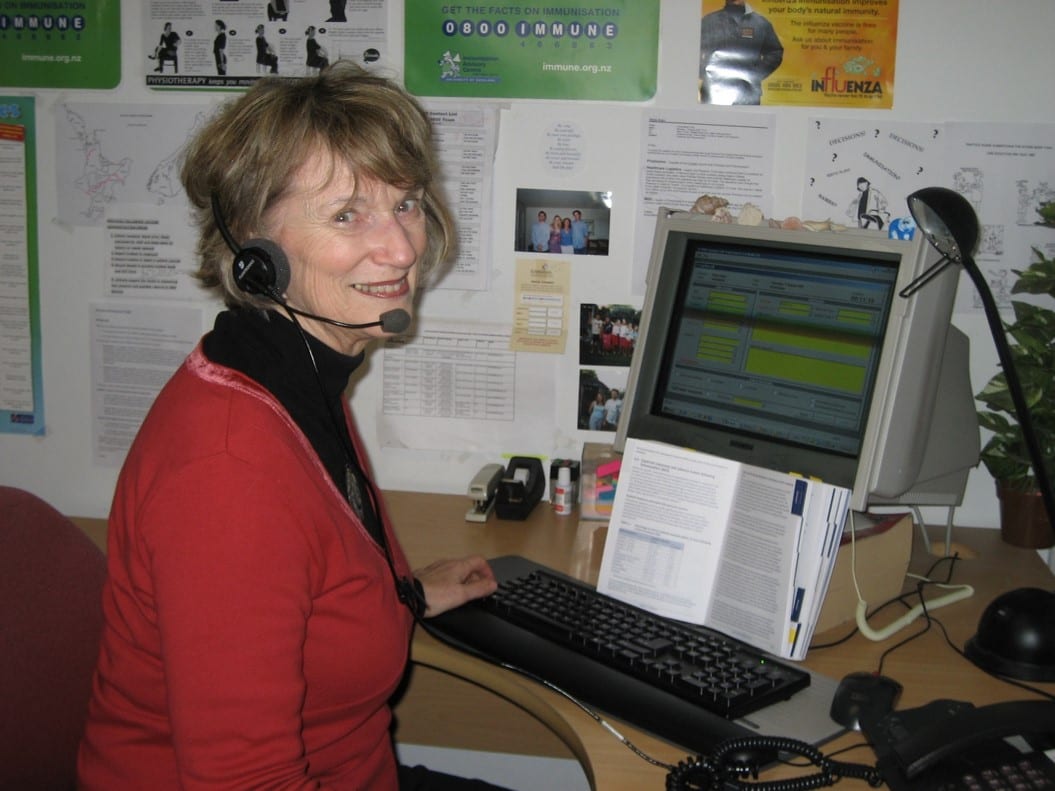
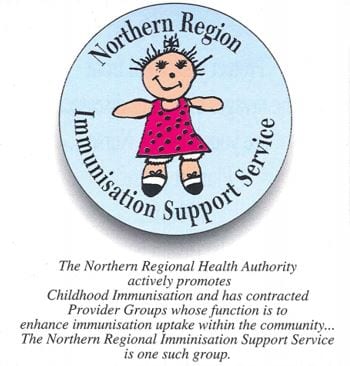
Elaine Boyd later returned to work on the
In 1997, Elaine Boyd and other Goodfellow staff members – who ‘very much wanted to pull general practice into the immunisation arena’ – appointed Dr Nikki Turner as the regional immunisation coordinator for the NRISS network within the Goodfellow Unit.3 Nikki had completed her medical training at the University of Auckland in the late-1980s. She then spent several years in England where she completed her postgraduate training in paediatrics. Nikki started to attend the Goodfellow Unit’s evening and weekend courses shortly after she returned to New Zealand. She reflected on these sessions as ‘well run and well attended’ and as offering her with opportunities to establish a community with other general practitioners.
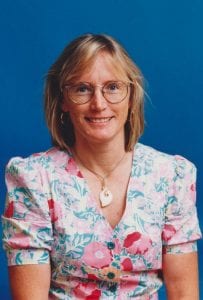
Nikki had gained considerable experience working with community health before she joined the Goodfellow Unit. She had co-established Wai Health at Te Waipareira Trust with Dr Sue Crengle, and a general practice clinic with another colleague in the Auckland City Mission.
She joined the Goodfellow Unit as the immunisation coordinator at a time when:
People weren’t getting their kids vaccines at all, or they were getting them late. And a lot of it was just simple systems problems: people didn’t get reminded, they didn’t get recalls, the general practice systems weren’t set up to help people easily get their kids vaccinated … In the early days, we did a lot around how the general practice operates to make it easy for people to vaccinate their babies.
With support from the University of Auckland and a contract from the Northern Regional Health Board to develop a regional communications strategy, Dr Turner and colleagues launched The Immunisation Advisory Centre (IMAC) in 1997. She developed the brand and established a national phone line to communicate immunisation advice more effectively to health professionals and other members of the public.4
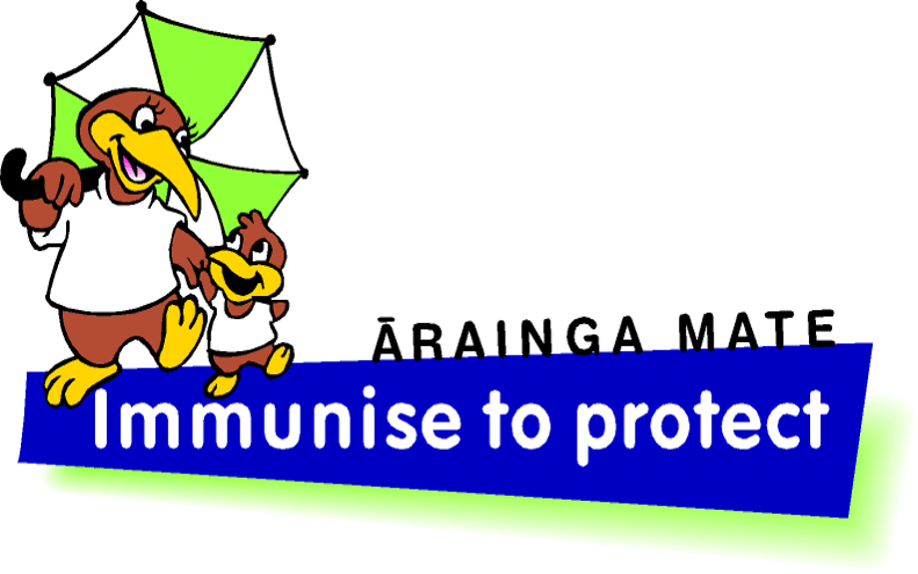
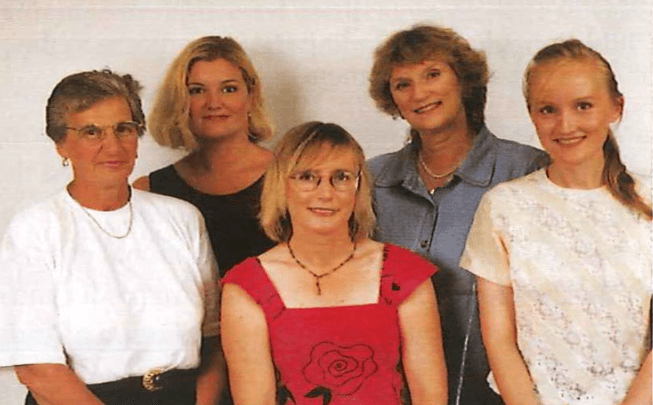
IMAC Staff c. 1990s (L-R) Kathleen Dewson – Secretary, Jane Cunningham – Project Nurse Coordinator, Dr Nikki Turner – Medical Advisor and Director, Elaine Boyd – Nurse Co-ordinator, Dr Phillipa Clark – Paediatrician. Image supplied by Nikki Turner
Several clinics across Auckland and Northland had already launched interventions into New Zealand’s low immunisation rates. Nikki’s role involved ‘becom[ing] the glue for all these different organisations’ and developing a communication strategy. They aimed to establish a universal base ‘so every kid was known and every kid belonged in a general practice, and then the general practice have a trusting relationship with the family where they can communicate with them and have adequate tools to make that communication happen easily’.
Nikki Turner on the origins of IMAC
Nikki Turner on their responsibilities
These tools included the development of the National Immunisation Register, a computerised information system that contained the immunisation details of each child across New Zealand, in which IMAC was involved. In addition to ensuring GPs recorded each child’s immunisation history, IMAC staff also aimed to help GPs and practice nurses to develop confidence in their knowledge of immunisation and in their skills in providing vaccinations. Nikki explained:
When your system works well and your providers are confident and knowledgeable and they have good relationships with families, then vaccine hesitancy is not such a big deal, it’s just a small percentage. And I think when your system doesn’t work well, providers aren’t confident, they don’t communicate well, and parents get more anxious.
While parents had to make the ‘active decision’ to immunise their children in the late-1990s, Nikki explains that ‘with all the systems in place now, people would have to make an active decision to choose not to immunise’. IMAC achieved its aim to ‘normalise childhood immunisation as “This is what you do. This is normal to the community”’.
Nikki Turner on the support IMAC staff received
The Immunisation Advisory Centre is now a nationwide organisation that provides health professionals and the New Zealand public with evidence-based advice about the risks and benefits of immunisation. Nikki attributes their ability to develop
- 1. Abby Bloom, ‘Context and Lead up to Health Reform’, in Health Reform in Australia and New Zealand, ed. Abby Bloom (Melbourne: Oxford University Press, 2000), 31-4. ↩
- 2. History of the Immunisation Advisory Centre, 20th Anniversary Paper 2017, supplied by Nikki Turner; Ministry of Health, The National Childhood Immunisation Coverage Survey 2005 (Wellington: Ministry of Health, 2007). ↩
- 3. Interview with Nikki Turner, 14 November 2018; History of the Immunisation Advisory Centre. ↩
- 4. History of the Immunisation Advisory Centre. ↩
